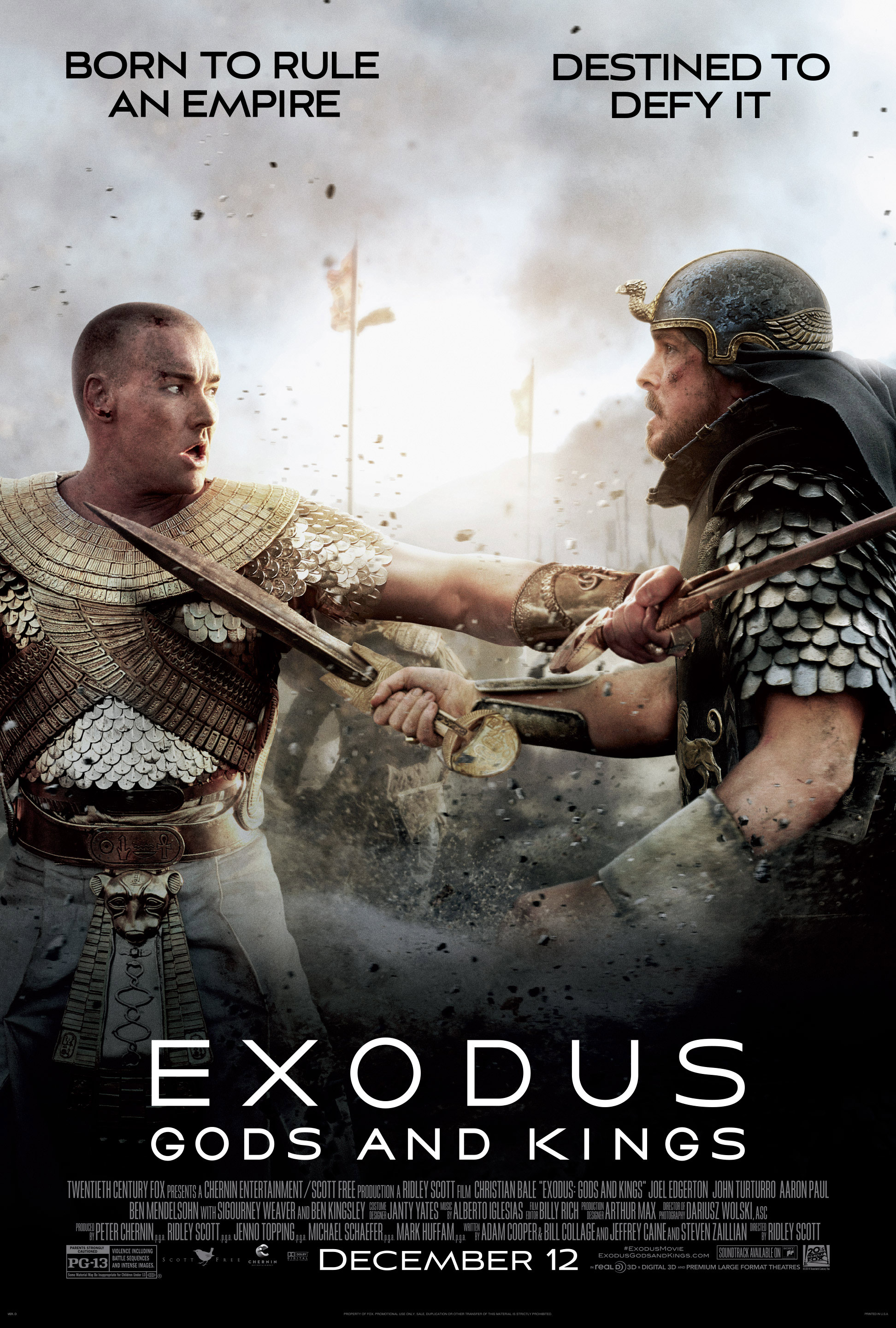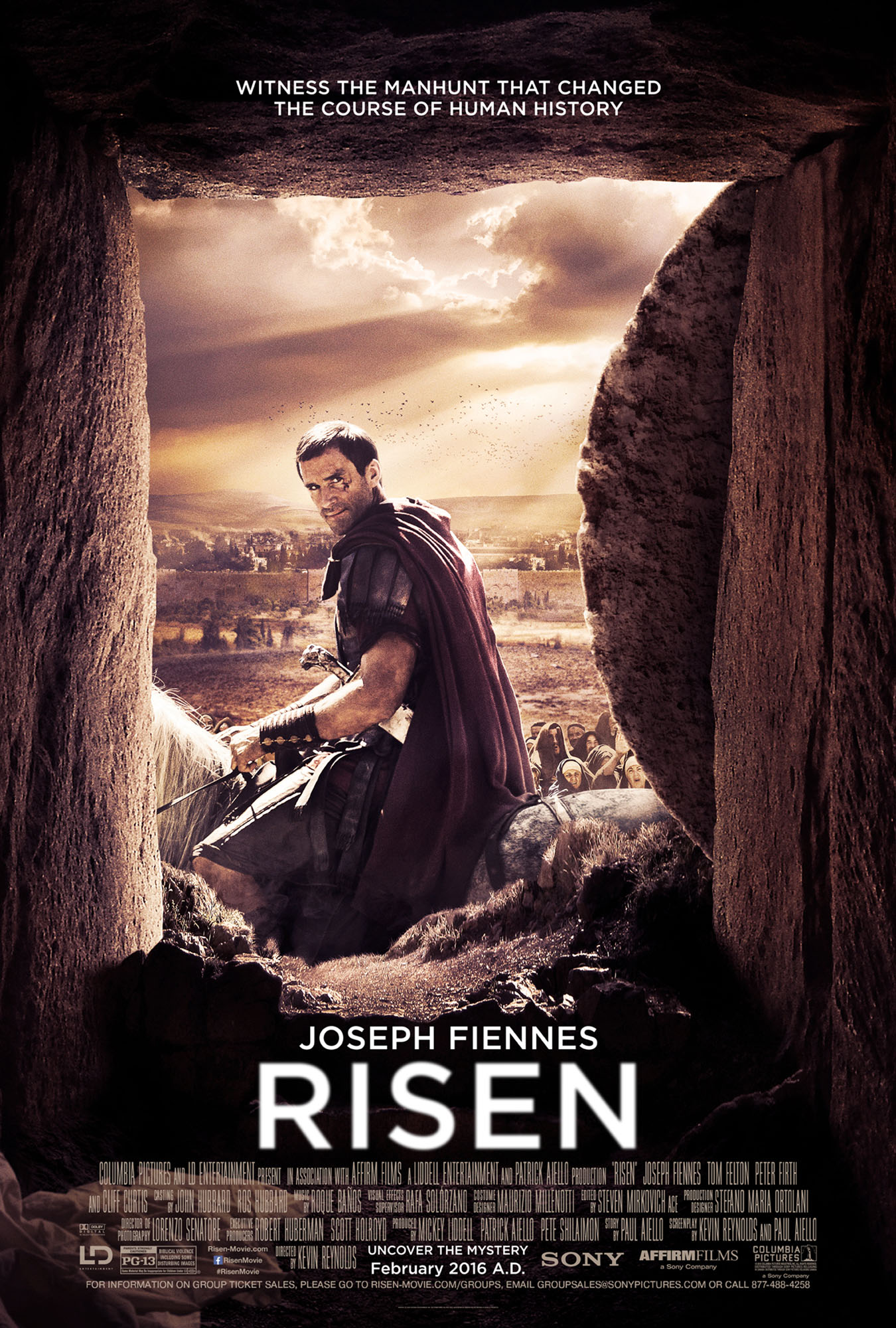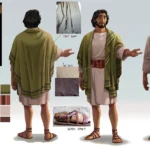
KANSAS CITY, Kan. (BP) — According to the Hollywood Reporter, actor Christian Bale has said of Moses, “I think the man was likely schizophrenic and was one of the most barbaric individuals that I ever read about in my life.” This on the completion of his new film, “Exodus: Gods and Kings,” wherein Oscar winner Bale played the man who led the Jews out of bondage and into the Promised Land.
Having seen the epic and special effects-laden story of Moses, I can assure you that what you see in the theatrical trailer is what you get in the film –- one enormous computer-generated imagery (CGI) spectacle after another.
Defiance, battles, and slow-motion splattering of blood are also plenteous in the film opening Friday (Dec. 12). What there is little of is the true nature of the biblical story and the man Bale calls schizophrenic.
In the 20th Century Fox production, Moses is equal parts Streetcar Named Desire’s Stanley Kowalski and General Patton. Bale portrays Moses more as a military figure than humble messenger of God. And God is played by a little boy in a silly artistic choice done possibly to take from the Almighty His majesty.
 This rather jaundiced view of Bible heroes may be a trend in upcoming screen versions of biblical stories. There just doesn’t seem to be a shortage of men in Hollywood who like to borrow from the Bible, yet don’t believe a word of it.
This rather jaundiced view of Bible heroes may be a trend in upcoming screen versions of biblical stories. There just doesn’t seem to be a shortage of men in Hollywood who like to borrow from the Bible, yet don’t believe a word of it.
In “The Red Tent,” a contemporary made-for-Lifetime-TV miniseries that examined the story of Jacob and Joseph from the perspectives of the men’s wives and their maidservants, Hollywood finally discovered how to produce a biblical story that has nothing to do with God. God isn’t a supporting character in The Red Tent, or even an extra. He’s only mentioned in passing, and mostly with a negative connotation.
Top heavy with scream-fueled childbirths and more family turmoil than a TV soap opera, the production gives writers plenty of latitude concerning the biblical accounts of Jacob and Joseph. Indeed, one senses that the filmmakers had no conception of the relationship between God and the characters portrayed.
Much the same can be said of Exodus: Gods and Kings. Rather than the reverential appeal that has caused biblical epics such as “The Ten Commandments” and “Ben Hur” to remain popular on DVD, Exodus: Gods and Kings seems more in the mold of trendy comic book superheroes. The filmmaker chooses not to have a meek Moses approach Pharaoh with God’s warnings, but just lumps all the plagues together. This is a shortcoming, because without the warnings, you belittle the fact that the leader of Egypt kept hardening his heart (a symbolic characteristic that indicates man’s nature).
Several religious organizations have become concerned with the secularization of Old Testament accounts after the 2013 “Noah.” Director Darren Aronofsky, a professing atheist, incorporated CGI tools to create giant rock people designed much like Transformers to represent fallen angels who help Noah build the ark. But Aronofsky failed to connect the intimacy between God and those He used to build the nation of Israel.
This same comic-book mentality has also been rendered by action director Ridley Scott (“Alien,” “Blade Runner,” “Robin Hood,” “Gladiator”) in his reinterpretation of Scripture. And from viewing any commercial for Exodus: Gods and Kings, one gets the distinct and sadly correct impression that this screen version is mainly about battle and spectacle. It’s not about the power of God, nor one man’s faith in his Creator. It’s about power-mad men, and CGI.
Justin Chang of Variety Magazine said, “What’s remarkable about Scott’s genuinely imposing Old Testament psychodrama is the degree to which he succeeds in conjuring a mighty and momentous spectacle.”
To be sure, audiences looking mainly for spectacle will get their money’s worth in the $140 million production. Unfortunately, when the film gives pause for narrative, those in charge seem bent more on questioning faith in God than reaffirming it.
This is a film determined not to emphasize the majesty and authority of God, but merely to paint Him as a petulant schoolyard bully.
Scott has previously declared his disdain for organized religion, and while he has used biblical themes in several movies, often he seems to be preaching from a myopic mindset bent on discrediting biblical teachings. Now Bale has in one sentence belittled God, Moses and the faithful. For what purpose?
Too often there comes a point in an artist’s career when he feels invincible and unthreatened by the Creator. He shows not even the slightest politically correct sensitivities for those who embrace religious convictions. And certainly, there is no reverence shown with his rather draconian statement in his assessment of the Creator.
It’s difficult enough to bring spiritual matters to the motion picture screen, but much more difficult when the filmmakers lack a spiritual connection.
When a filmmaker takes on a biblical story allowing such skepticism to become the thrust of his movie, he does so with an agenda. What audiences are left with is a vibrant but shallow screen adaptation that’s more Marvel magazine than Old Testament Scripture.

























